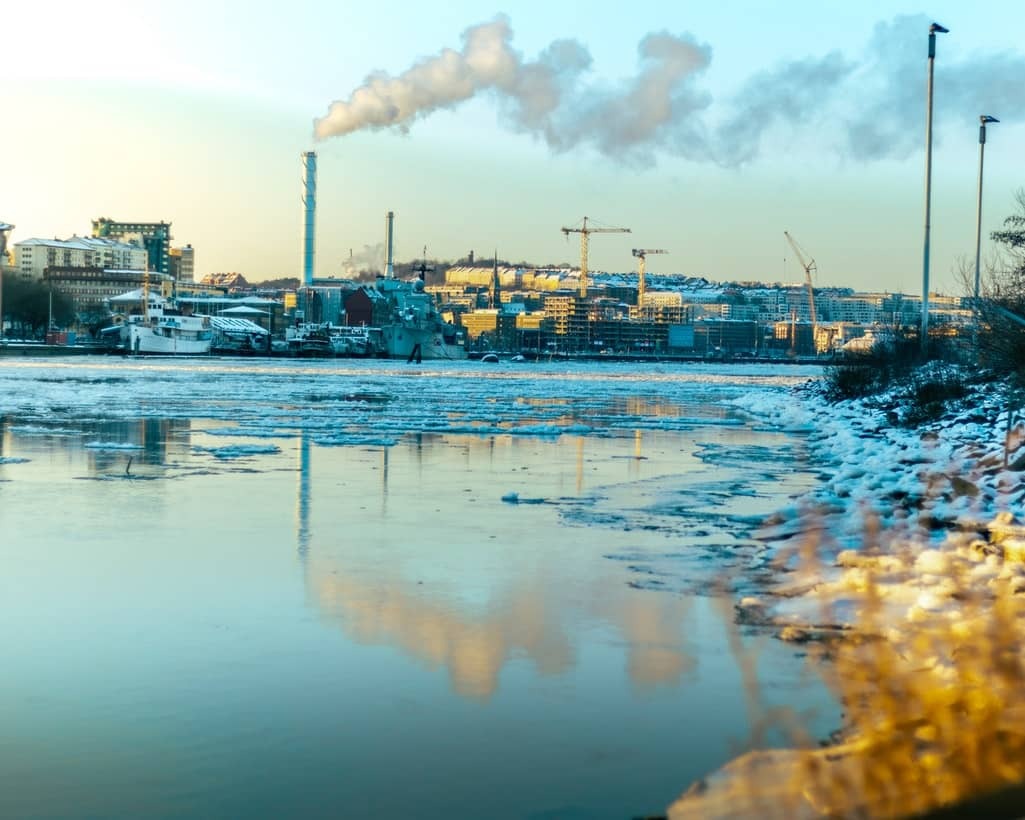What is Leachate?
Leachate is a contaminated liquid created by water moving through the waste at a disposal or industrial site. The water that moves through the site gathers various contaminants into ground and surface waters.
Stormwater is the primary source of liquid that will move through waste at a disposal site. This water will collect various chemicals and other contaminants. Eventually, these contaminants will make their way into our water system, causing harm to the environment.
Fortunately, there are ways to reduce the amount of leachate in our landfills and water system. As part of the TERRA Program, Newtech Recycling is committed to promoting a healthier environment through proper electronics recycling.
What Harm Does Leachate Cause?
Due to high ammonia levels in landfills, leachate tends to have a lot of this chemical in it. Eventually, ammonia breaks down into nitrate, which causes a lack of oxygen. Once nitrate is in our water, it can cause “dead zones.” Essentially, plants and animals cannot survive in these areas due to the lack of oxygen.
Leachate also contains various carcinogens. These “forever chemicals” never fully break down in our bloodstreams or the environment. This can result in numerous health issues for humans and lasting environmental impacts.

How To Contain Leachate
There are a few ways to contain leachate. One way is building flexible barriers in landfills so they can adapt to changing landscapes over time. These barriers will then allow the leachate to be drained and processed before entering our water system.
The treatment processes are called Integrated Leachate Treatment Processes.
The US EPA has regulations landfills must follow when it comes to leachate. For example, landfills must have a barrier that can collect leachate for processing.
How Does Leachate Relate to E-Waste Recycling?
E-waste is a result of unwanted technology that ends up in a landfill. This technology typically includes lead, mercury, chromium, and cadmium. All of these are toxic chemicals that, without the application of proper e-waste recycling, end up in leachate.
Lead and mercury both cause major health concerns in humans. They both also affect the growth process of plants. Lead affects germination, while mercury affects the photosynthetic process.
While chromium does have some positive effects on the human body, it can cause heart problems, sleep disturbances, and headaches. Chromium is a major environmental concern. In plants, it disrupts the germination process of seeds, growth of roots, and other effects. It also affects the production and yield of crops.
Cadmium on the other hand results in plant tissue death. Ultimately killing the plants. In humans, it can cause flu-like symptoms including nausea and vomiting.
By engaging in responsible e-waste recycling we can minimize the amount of toxic chemicals that end up in our waters. The biggest impact you can make is using Newtech Recycling to get rid of your unwanted tech instead of just throwing it out.
Contact us today to learn more!
Related Terms: Landfills, Reclamation, Zero Waste

